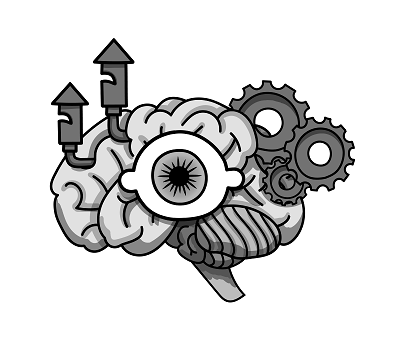Using model-generated content in training causes irreversible defects, a team of researchers says. “The tails of the original content distribution disappears,” writes co-author Ross Anderson from the University of Cambridge in a blog post. “Within a few generations, text becomes garbage, as Gaussian distributions converge and may even become delta functions.”
Here’s is the study: http://web.archive.org/web/20230614184632/https://arxiv.org/abs/2305.17493
So the only Reddit data that’s really valuable to AI companies is the stuff that’s already been archived, and the stuff that will be gated behind their paid API is less useful now that bots are becoming prevalent?
Good move, Reddit.
deleted by creator
I wish I was a bot.
No work, no chores, just beep beep
With the occasional boop, as a treat.
This reminds me of a saying from my programming classes: Garbage in, garbage out. Refers to how inputting bad data WILL make the program produce even more bad data
This isn’t an actual problem. Can you train on post-ChatGPT internet text? No, but you can train on the pre-ChatGPT common crawls, the millions of conversations people have with the models and on audio, video and images. As we improve training techniques and model architectures, we will need even less of this data to train even more performant models.
But then you’re training on more and more outdated data
Both in terms of factual information, news, etc, and just in terms of language change. An LLM needs to be able to keep up with slang and other new words, both for understanding prompts and for producing passable results.
Afaik, there are already solution to that.
You first train the data on the outdated but correct data, to establish the correct “thought” patterns.
And then you can train the ai on the fresh but flawed data, without tripping about the mistakes.
I think it’s not a hard stop but it is an issue. I think it will force models to be trained in more novel ways, rather than just purely pump more data in. I think ideally we’d be able to reach GPT level intelligence on fractions of the data and compute. These new techniques have yet to be made but this will put pressure on their creation
I think that’s a tremendously tall order. The current LLM’s are straightforwardly Large Language Models that have zero ability to understand the language and only sort it based on statistical models that can only be gleaned via a vast heap of data. Reducing the size of any data set increases the likelihood of bias and blindspots no matter what you do.
At the least, an LLM cannot talk about anything (like news events, new inventions, new political ideas) until humans have talked about it first AND their talking about it has been put into the dataset. If something’s not in the dataset, an LLM simply can’t invent it. At absolute best, it’ll spit out plausible-sounding bullshit.
Inventing actual, truely intelligent AI is a project very far remove from what we have now. It’d take the invention of entirely different systems, not at all just an iterative improvement of an LLM.
It’s an interesting problem for machine learning engineers to solve, but yeah it’s not apocalyptic for LLMs or anything. Probably just another preprocessing stage if anything.
So basically we are sitting in a room.
That was trippy af
That was really cool, thank you!
That was interesting as duck





